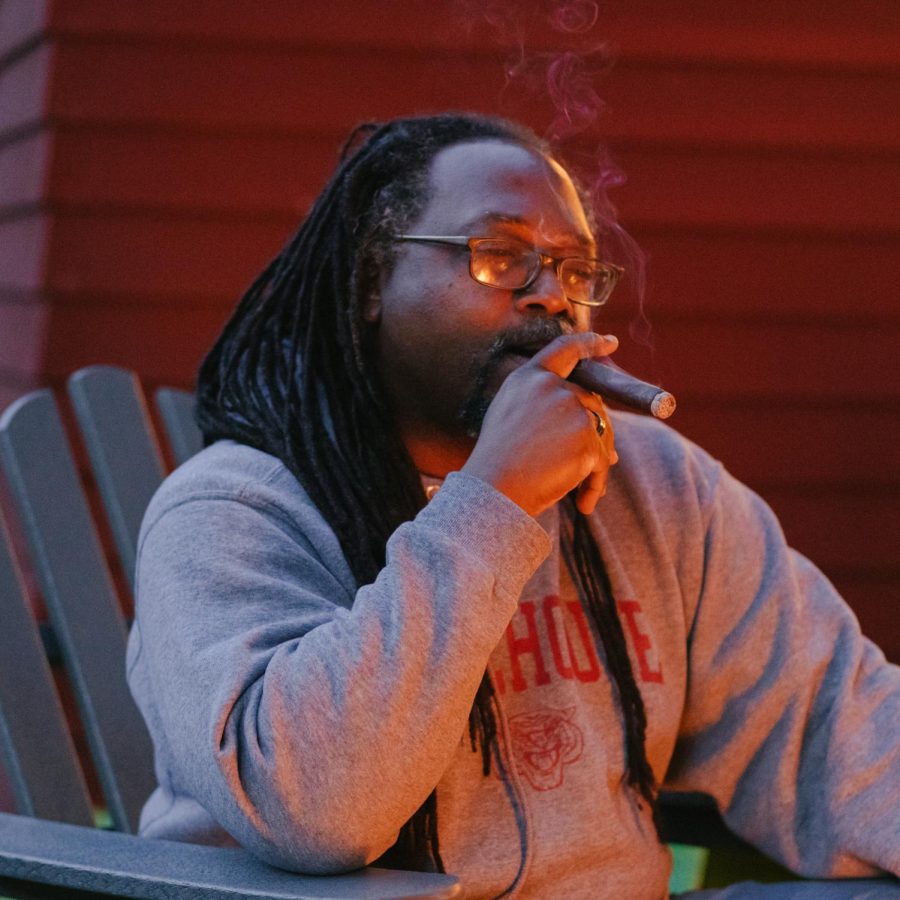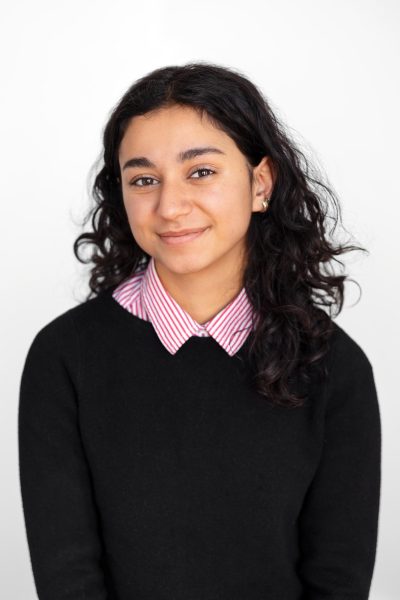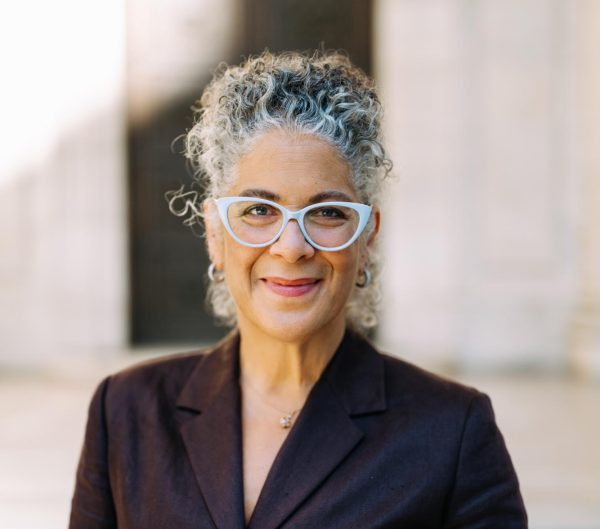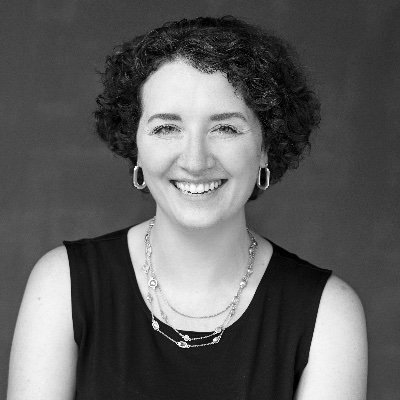Professor Charles Peterson on Teaching and Scholarship
Associate Professor and Chair of Africana Studies Charles Peterson
Associate Professor and Chair of Africana Studies Charles Peterson was named the new director of the Gertrude B. Lemle Teaching Center on July 1. The Center is the College’s teaching and scholarship center that helps faculty share their perspectives and teaching practices and connect to their students and scholarship. The Center works not only with faculty who are new to Oberlin, but also with experienced professors to strengthen their teaching. Besides directing the Center, Peterson teaches in the Africana Studies Department and pursues his own scholarship in Africana philosophy and film and Africana political and cultural theory.
This interview has been edited for length and clarity.
Can you tell me about how the center was created and what your duties are as director?
The job entails managing the programming and activities of the Gertrude B. Lemle Center, which was funded by Robert Lemle, OC ’75, the son of Gertrude B. Lemle. His mother was a really fantastic supporter of education, and he wanted to fund a center that would continue that sort of mission of teaching and learning . So far I have been involved in the new faculty orientation week. I spoke with the faculty in terms of how best to organize syllabi here at Oberlin. I organized a panel talking about class organization. I also participated in the faculty advising session, helping faculty think about the circumstances of this year’s incoming class, having spent their senior years within the context of “COVID-19 high school,” is how it’s being described. I also have a monthly luncheon where faculty come in and talk about their research and scholarship, or we discuss issues around teaching and pedagogy.
What are your goals when you are working with professors?
We conduct workshops and discussions. The faculty will share various techniques or ideas. We’ll talk about issues and innovations within teaching. All of that is on the table. But I really want to stress the change in the name. It used to be “teaching and learning.” Now it’s “teaching and scholarship.” So I really want to stress and emphasize support of faculty scholarly efforts. I want faculty to become aware of what their colleagues are doing, the interesting work that’s being conducted. And I also want to talk about and support the ways in which teaching and scholarship go hand in hand so that faculty don’t have to lead split lives between teaching and scholarship. This is beneficial for students, beneficial for faculty, and beneficial for the institution where scholarship and teaching come together in mutually beneficial ways.
Can you speak more about how faculty are adapting to the unique conditions that the current incoming class is facing?
Remote learning isn’t everything we hoped it would be. So we’re thinking about, how do we understand where students are, in terms of skill development? And we have to be very real and honest about where students come in. They may not come in where normally they would be in a pre-COVID-19 circumstance. I think we have to be very aware of students being reintroduced into a dramatically different social and cultural environment coming out of the relative isolation of COVID-19 into a vibrant, active environment with other students. I think these are important things for faculty to keep in mind to best serve and aid students in being who they can be.
How do you think that your position as an Africana Studies professor affects your position as director?
I want to weave together the basic mission of the Center, and I want to bring it together with some of the programming, some of the issues around questions of diversity on campus — not that that wasn’t already happening, but I want it to be a much more overt and conscious intention. I’m developing the Center’s programming connected to Black History Month. I want to develop programming that’s connected to Women’s History Month. Unfortunately, because of the late start of the semester in the year, I missed Latino Heritage Month. I don’t want instructors to think that their teaching is separate from these types of activities and programs.
And why does this affect Oberlin students?
I think it creates opportunities, developing programming that encourages and supports expansion in teaching that supports experimental and innovative approaches to teaching. And I think that directly affects students. The scholarship side of it is that vibrant teaching should be based in a vibrant scholarship environment. So the things that we’re thinking about and learning and exploring and researching, we want instructors to feel very comfortable bringing those directly into class. We want students to benefit from this great work that the faculty are doing all the time. And I think that improves the experience for students and powerfully informs their post graduate lives.










